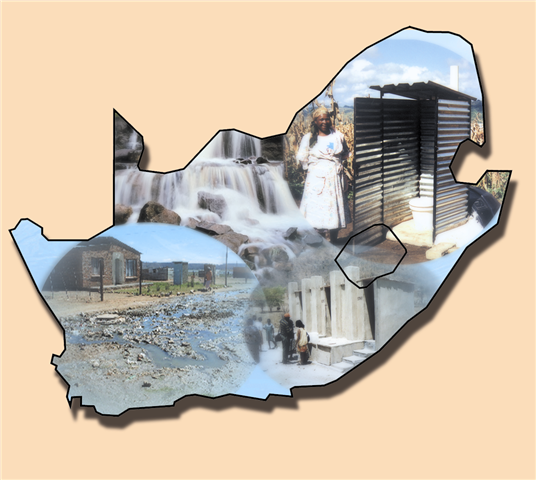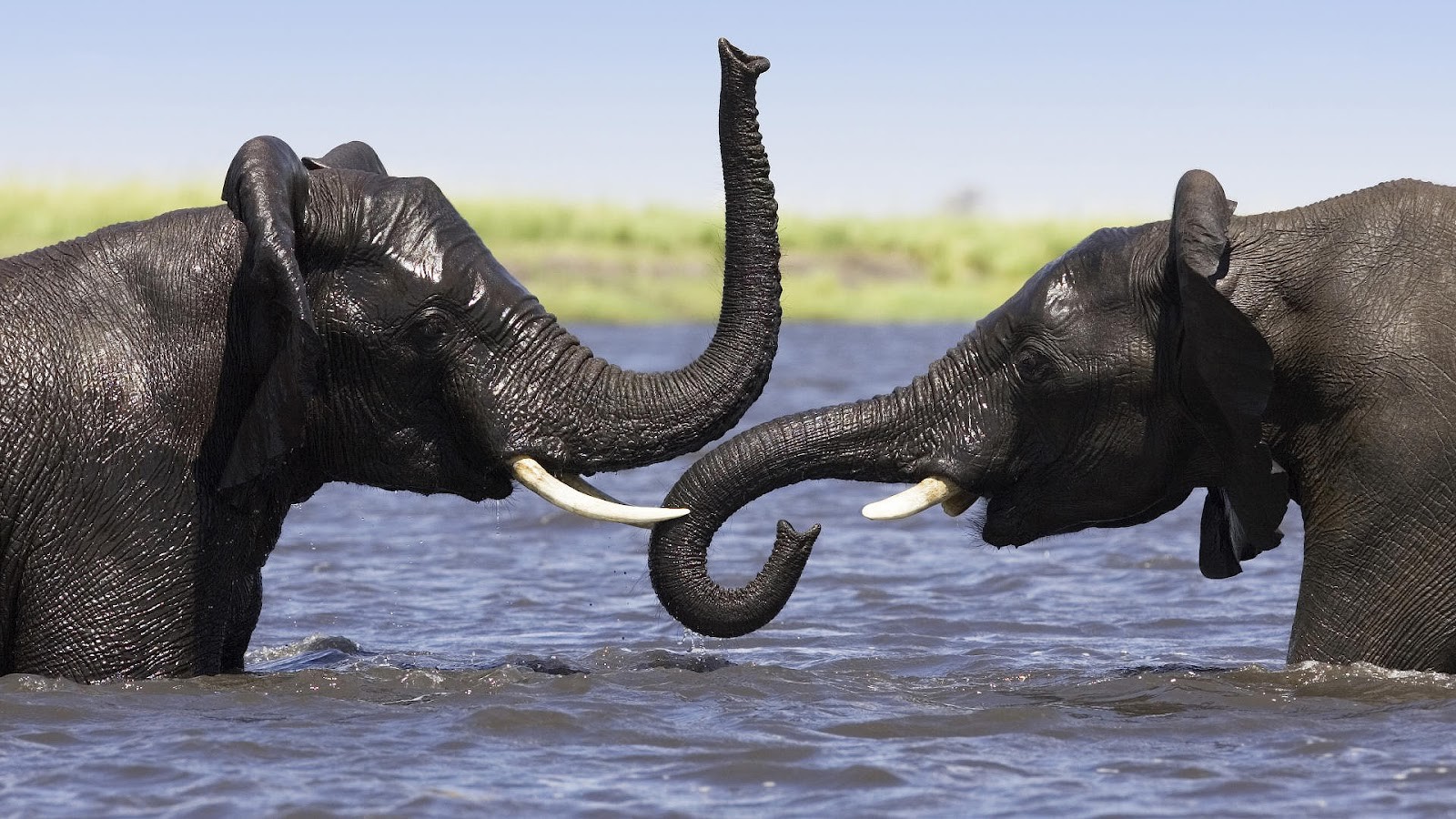Water is a finite renewable resource, and life on earth as we know it would not be possible without water. Water Governance refers to the political, social, economic, legislative and administrative systems in place that influence the use and management of water. CBSS has partnered with the Water Institute of South Africa (WISA), to present a three-day Training Course on Water Governance in South Africa, and 3 CPD points will be awarded to attendees on completion of the course assessment, which can be claimed through SACNASP or ECSA. This page contains the Course Description for the Water Governance in South Africa Training Course.


Broad Overview of Water Governance in South Africa
The Course has been developed to create understanding of Water Governance in the South African context. Water Governance refers to the political, social, economic, legislative and administrative systems in place that influence the use and management of water.
The Water Governance Course content covers international principles and concepts underpinning Water Governance in the broader context of our Constitutional rights relating to access to water, administrative justice, and an environment that is not harmful to our health and well-being. South Africa, a water scarce country, has adopted a law and policy framework for water which is regarded as among the most progressive worldwide. Our water law is based upon the constitutional recognition of the right of access to water and the right to an environment that is not harmful to health and well-being, and ensures prevention of pollution and sustainable use of natural resources.
The National Water Act 36 of 1998 (NWA) places the water resources of South Africa under control of the Minister of Water and Sanitation, who is the public trustee of our water resources, and who is tasked to protect, manage and control the use of our water resources. This is accomplished through the establishment of catchment-based institutions as well as water user associations (previously irrigation boards), the development of water resource management plans and strategies, and the regulation of the use of water. The Water Services Act 108 of 1997 enables the provision of water supply and sanitation services by responsible authorities and institutions through the setting of appropriate national norms and standards.
The implementation of sustainable water resources management initiatives and measures in South Africa through environmental framework legislation such as the NEMA, and the Promotion of Administrative Justice Act (PAJA), as well as the NWA, WSA, and relevant regulations under these statutes, including the National Water Resource Strategy (NWRS), are discussed.
Specific Context of Water Use Authorisation under South African Legislation

The use of water is described under the NWA to include both consumptive use such as abstraction, and non-consumptive use such as altering the beds of watercourses, using water resources to discharge waste, recreation, etc. As such, the Minister of the Department of Water and Sanitation (DWS) has the power to decide who can use water under which circumstances. Water can only be used under governance of one of four (4) types of Water Use Authorisations, namely a water use declared under Schedule 1 of the NWA, a General Authorisation, a continuation of an Existing Lawful Use (ELU), or in terms of a Water Use License (WUL).
The historic context of the evolution of South African water legislation has lead to a complex system for the authorisation of the use of water, and the identification of activities that can be regarded as a water use is a much more complex process than a simple ‘trigger” such as under the EIA Regulations. Specialists in EIA are not necessarily equipped with the necessary skills or knowledge to either identify water uses, or to determine the type of authorisation applicable to an identified wate use.
The course facilitates understanding of the relevant provisions in the NWA that relate to water use authorisation and the circumstances under which a WUL is required, as well as of the process to apply for (and amend) a WUL. Practical aspects associated with the authorised use of water, including regulatory requirements for water quantity and quality monitoring, the auditing of compliance with WUL-conditions, the amendment of an incorrect WUL, as well as aspects relating to the transfer of water use as well as servitudes associated with authorised water use, are also covered.
This three-day in-person course has been designed to facilitate understanding of the principles of Water Governance from a Human Rights perspective, as well as of concepts such as Integrated Water Resource Management (IWRM) in the broader context of human rights, environmental management legislation and the National Water Resource Strategy (NWRS). It also facilitates broad understanding of water use authorisation and the circumstances under which a WUL is required, as well as of the process to apply for (and amend) a WUL, and deals with aspects such as servitudes, planning, and water quality and quantity monitoring.
Upon completion of these Modules, the attendant will be able to –
- understand the need for judicious Water Governance from a Human Rights perspective, and the tools for Water Governance;
- grasp the Concepts and Principles underpinning Sustainable IWRM in the context of IEM;
- demonstrate awareness of governance mechanisms for water-related issues in South Africa, including duties and liabilities associated with potential pollution impacts on water resources;
- understand the requirements of the NWA in the context of international initiatives for IWRM, and be able to explain specific aspects, including:
- implications of the NWRS;
- resource directed measures; and
- source directed controls;
- grasp the complexities of the legal requirements for water use authorisation, especially with regard to the following:
- Types of Water Uses;
- Tiers of Water Use Authorisations (i.e., ” Do I need a Water Use License?” );
- Procedural and Substantive aspects of Water Use License Applications (WULAs); and
- Considerations for evaluating WULAs– section 27 of the NWA;
- appreciate the regulatory aspects of water quantity and quality monitoring and be able to correctly evaluate water monitoring data and results from a regulatory perspective; and
- comprehend the process, role and importance of the auditing of compliance with the conditions of a WUL, and WUL Amendment processes.
Practical discussions and exercises aimed at grasping the concepts and topics under discussion will be conducted in a group situation.
This course is designed for environmental consultants, environmental compliance officers (ECOs), legal practitioners and professionals in management and planning in the public and private sectors, NGOs and water sector stakeholders, who wish to improve their understanding of the Water Use Authorisation process and who want to discuss some practical issues to find solutions for the day-to-day challenges they experience with WULAs, WULs, and the eWULAAS online portal.
A Grade 12 certificate as a minimum and preferably also:
- some tertiary education in at least one of the fields of environmental management; OR
- some prior learning in general environmental management and environmental issues; OR
- some relevant activities and responsibilities in at least one of the fields of environmental management.
The Course is endorsed by WISA, who facilitates the granting of CPD-points to delegates that meet the requirements for participation and attendance.
An Assessment will be conducted upon conclusion of the course to ensure quality, and a Certificate of Attendance which can be used to claim THREE (3) CPD-points from WISA, SACNASP and ECSA will be awarded to successful delegates.
Successful completion of this course is a prerequisite for attending the WULAAS and eWULAAS Masterclass and the Water Governance Refresher Course.
"Carin is an excellent presenter. I now understand the complexity of water use licenses, and how good water governance requires a change in human behaviour, to protect our health and the future of our children"
"I will definitely attend again as I find it very helpful and meaningful to engage with like minded people to discuss and argue about present day water governance problems and seek solutions for them"
"Time very well spent, and value for money. Finally, I have a much clearer idea of legislative processes and the legal frameworks relating to water in South Africa."
"Very, very impressed with the level of practical knowledge Carin has, and the manner in which she conveyed it to us. This was extremely valuable"
Interested?
Register today
If you need more knowledge and skills about water governance and water use license applications, make sure to register today for our next course!







